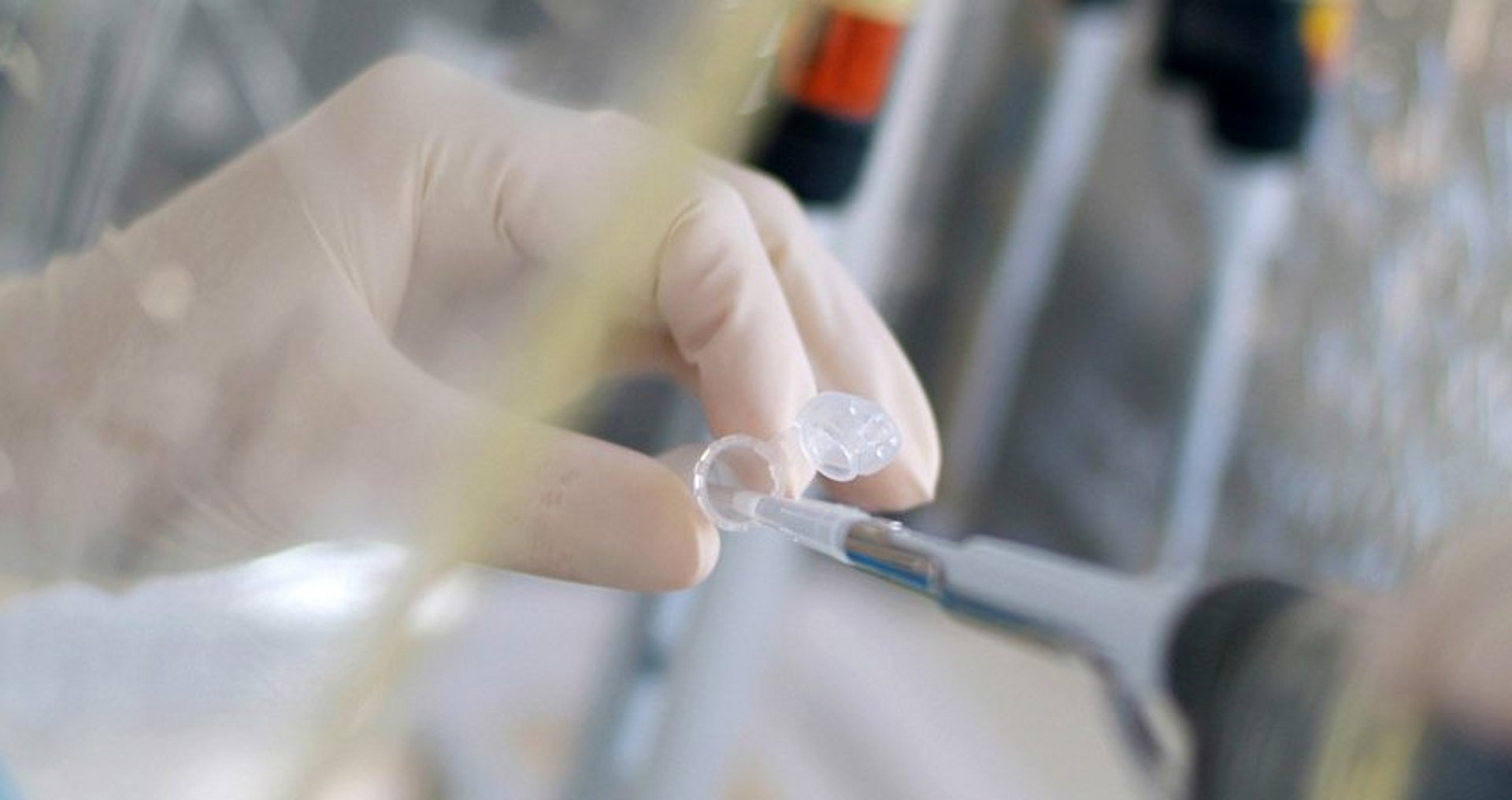MaxPlanck@TUM
Enjoy the benefits of a combined career path – by leading a research group at a Max Planck Institute while taking up a professorship at our university.

Tenure Track professors leading Max Planck research groups: This is an opportunity with long-term prospects and it is only available through the joint appointments offered by the Technical University of Munich (TUM) and the Max Planck Society (MPG).
What are the advantages of the joint appointment?
This program offers highly qualified young scientists the chance to embark on and plan a long-term academic career at one of Europe’s top universities. Appointees manage their research work and teaching hours independently and are rewarded with an attractive entry package, responsibility for their own research group, and academic freedom.
- If you are chosen for the position of research group leader by the MPG you may subsequently pass through TUM’s selection procedure for a Tenure Track Assistant Professorship (W2 pay scale).
- After six years, you may be promoted to a tenured associate professorship (pay scale W3) if your evaluation process is successful. This takes place at the end of your tenure phase and is based on the university’s transparent performance criteria. Subsequent promotion to a full professorship is also possible. TUM's faculty recruiting and career system
From our research facilities through our doctoral program to our professorship career ladders, we have put together an overall package that offers excellent young scientists unique opportunities in the Germany research community.
Researching at a Max Planck Institute – Teaching as Professor at TUM
Successful candidates will be employed as Max Planck Research Group Leaders for a period of six years at a Max Planck Institute of their choice. The MPG/the institute will provide the required facilities.
Research group leaders will be appointed as a TUM Tenure Track Assistant Professor when they start their employment with the MPG (at the same time, if possible). They will have the same rights and obligations as university professors (e.g. the right to award doctorates). They will enjoy full academic and organizational autonomy, i.e. they will have the same ranking as the other professors.
The initial appointment as professor at TUM will be for 6 years on leave. To ensure that the jointly appointed professors are treated equally to other assistant professors at TUM, the teaching workload during the tenure phase is 5 contact ours per week during the semester (SWS). This teaching can be carried out at TUM and at an International Max Planck Research School (IMPRS). Teaching at TUM
Assistant professors have the support of a mentoring team during the tenure phase at TUM. They receive advice on organizing their research environment and feedback on their performance. In addition, structured annual performance evaluations are carried out by the mentoring team and the head of department to identify off-track developments at an early stage.
This program offers assistant professors a dedicated training program. TUM Tenure Track Academy program